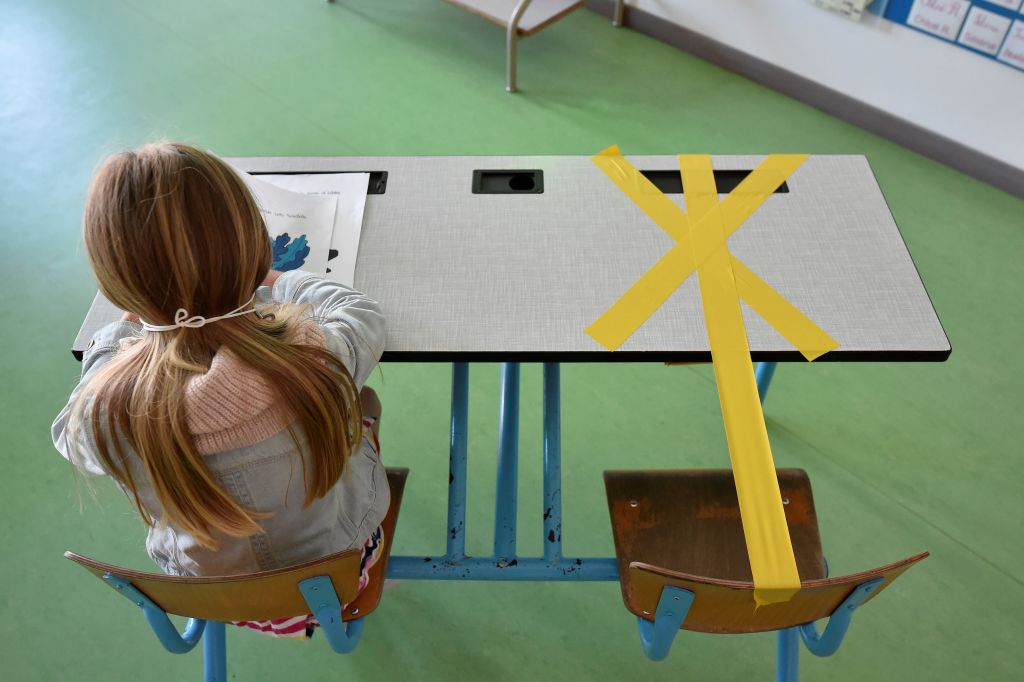We’ve heard endless statistics on the likely death toll from Covid-19, and over the past week we have learned just how great was the economic devastation in most countries in the second quarter as they locked down to deal with the disease. But what about the global impact on children’s education? That is something the World Bank has attempted to estimate. School closures, it concludes, effectively reduce the times spent in education by between 0.3 and 0.9 years. Globally, before the pandemic, the average child went through 7.9 years of schooling. For the Covid generation this will be reduced to between 7.0 and 7.6 years.
The World Bank goes on to try to estimate what this will mean for those children over their lifetimes – and comes up with the figure that they will lose an average of $872 (£670) in annual earnings throughout their lifetimes. This assumes that schools are closed for five months (which will be true in England, for example, if they fully open, as intended, in September). If school closures are extended to seven months, it estimates, then annual losses in lifetime earnings will rise to $1408 (£1080) per pupil.
The World Bank had set a target of halving by 2030 what it calls the ‘learning poor’ — which it defines as children unable to read and understand a basic text by the age of 10. At present 53 per cent of children fall into this category. The target of halving that now seems a rather forlorn hope – without concerted action to make up for the lost months of education it believes this will only fall to 43 per cent by 2010.
It goes without saying that the figures produced by the World Bank are somewhat speculative, and make huge assumptions. No-one can really has much of an idea of what today’s schoolchildren will be earning in 10 years’ time, let alone when they come eventually to draw their pensions. But it does beg an important question. Governments produced, considered and published no end of speculative data on the possible death toll from Covid-19, and used this to justify lockdowns, school closures and so on. How much data did they examine which related to the effect of lockdown on the economy, general health and education? Estimates of the cost of lockdown seem only belatedly to be coming to light.







Comments